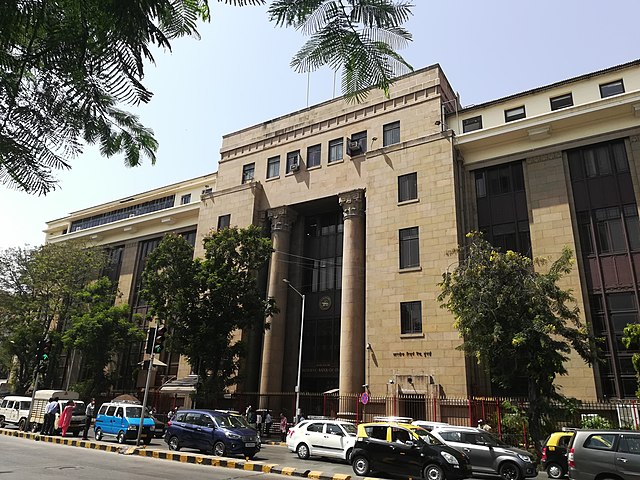The Reserve Bank of India (RBI) has issued an official notice telling banks to stop quoting or referring to its 2018 crypto circular. The central bank explained that with the country’s Supreme Court decision last year, the circular is no longer valid.
The RBI clarified its position regarding crypto in a notice issued on Monday, May 31, 2021, and addressed to all commercial and co-operative banks, payments banks, small finance banks, NBFCs, and payment system providers. The monetary authority made the move because some local banks are still quoting the circular when cautioning their clients from investing in crypto.
“It has come to our attention through media reports that certain banks/ regulated entities have cautioned their customers against dealing in virtual currencies by making a reference to the RBI circular DBR.No.BP.BC.104/08.13.102/2017-18 dated April 06, 2018,” the RBI said.
“Such references to the above circular by banks/ regulated entities are not in order as this circular was set aside by the Hon’ble Supreme Court on March 04, 2020, in the matter of Writ Petition (Civil) No.528 of 2018 (Internet and Mobile Association of India v. Reserve Bank of India),” the central bank added. “As such, in view of the order of the Hon’ble Supreme Court, the circular is no longer valid from the date of the Supreme Court judgment, and therefore cannot be cited or quoted from.”
RBI issued the notice after media reports claimed that some of the country’s largest banks, such as the HDFC Bank and the State Bank of India, cautioned their clients against dealing in crypto by citing RBI’s circular, according to Cointelegraph.
“We have observed that your account reflects probable Virtual Currency transactions which are not permitted as per RBI guidelines,” a Twitter user shared a post, showing a message that he claimed to have been sent by the HDFC Bank.
Aside from cautioning banks not to cite or quote the 2018 circular, the central bank also reminded them to continue with existing diligence processes, such as “for Know Your Customer (KYC), Anti-Money Laundering (AML), Combating of Financing of Terrorism (CFT) and obligations of regulated entities under Prevention of Money Laundering Act, (PMLA), 2002 in addition to ensuring compliance with relevant provisions under Foreign Exchange Management Act (FEMA) for overseas remittances.”
























Comment 2